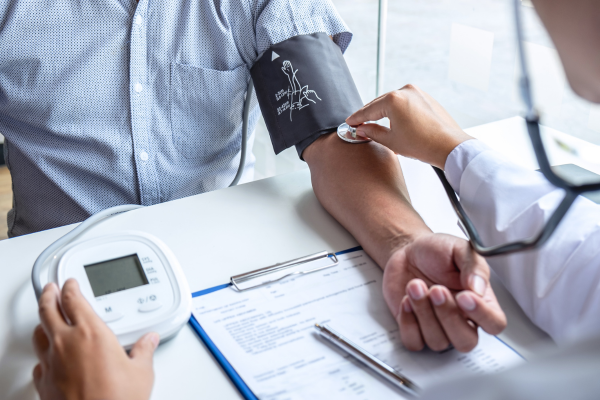Types Of High Blood Pressure In Pregnancy
How common is high blood pressure during pregnancy?
High blood pressure (hypertension) during pregnancy is quite a common problem.
About one in 10 pregnant women have problems with high blood pressure.
Up to three in 100 pregnant women have pre-existing high blood pressure.
About four to eight in 100 pregnant women have gestational high blood pressure and do not go on to develop pre-eclampsia.
Between two and eight in 100 pregnant women develop pre-eclampsia.
For every 100 women who have already developed pre-eclampsia in one pregnancy, 16 will develop it again in a future pregnancy. Up to half of these women will develop gestational hypertension in a future pregnancy.
Problems with new high blood pressure are more common during your first pregnancy.
What are the possible problems with high blood pressure during pregnancy?
As a rule, the higher your blood pressure, the greater the risk for you and your baby.
Mild-to-moderate high blood pressure
If your blood pressure remains mildly to moderately raised and you do not develop pre-eclampsia then the risk is low. Most women with high blood pressure (hypertension) during pregnancy just have mildly or moderately raised blood pressure.
However, it is important that your blood pressure and urine should be checked regularly throughout your pregnancy and that you look out for any signs of possible pre-eclampsia.
Severe high blood pressure or pre-eclampsia
Severe high blood pressure, especially with pre-eclampsia, is serious
The risks to you as the mother include:
An increased chance of having a stroke.
damage to your kidneys and liver.
An increased risk of blood clotting problems.
An increased risk of severe bleeding from your placenta.
Having fits (seizures) if you go on to develop eclampsia.
The risks to your baby include:
An increased chance of poor growth.
An increased chance of premature birth.
An increased chance of stillbirth.
How do I know if I have high blood pressure whilst I am pregnant?
Many women with high blood pressure (hypertension) during their pregnancy do not have any symptoms. This is why your blood pressure is checked regularly by your doctor or midwife during your pregnancy. Your urine is also tested regularly for protein, to look for possible pre-eclampsia.
However, there are some symptoms that you should look out for that could be signs of pre-eclampsia. If you develop any of these, you should see your doctor or midwife urgently so that they can check your blood pressure and test your urine for protein. They include:
severe headaches that do not go away.
Problems with your vision, such as blurred vision, flashing lights, or spots in front of your eyes.
tummy (abdominal) pain. The pain that occurs with pre-eclampsia tends to be mainly in the upper part of the abdomen, just below your ribs, especially on your right side.

